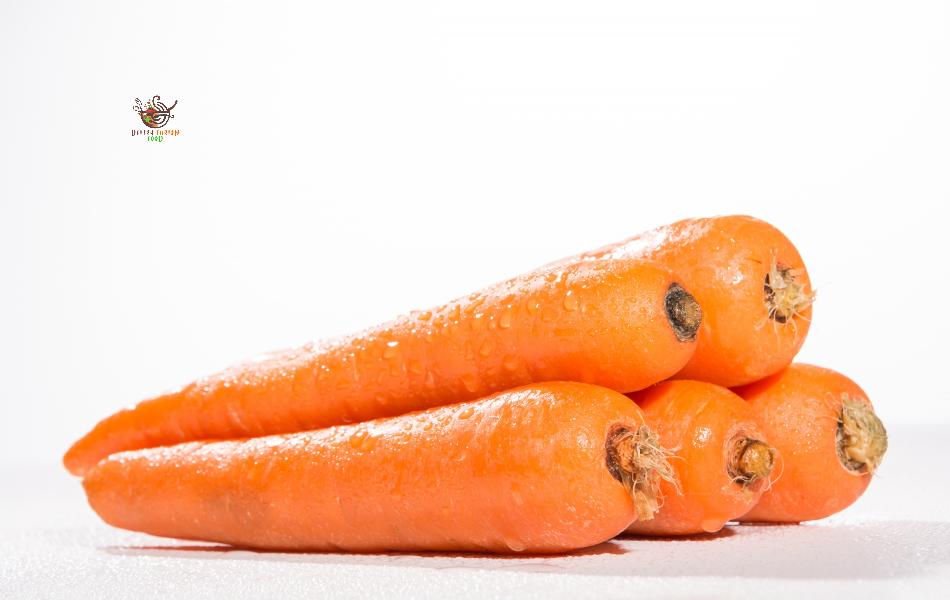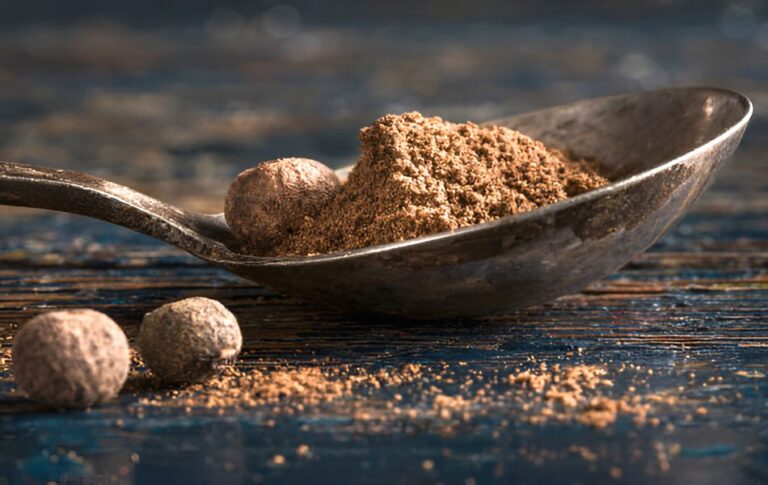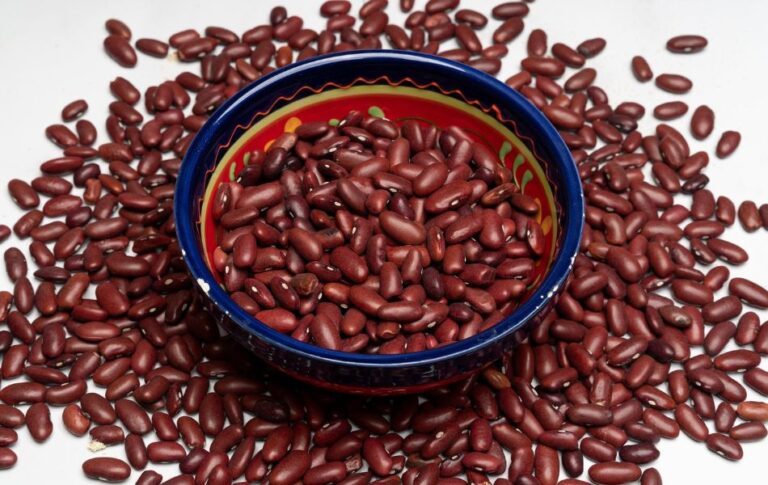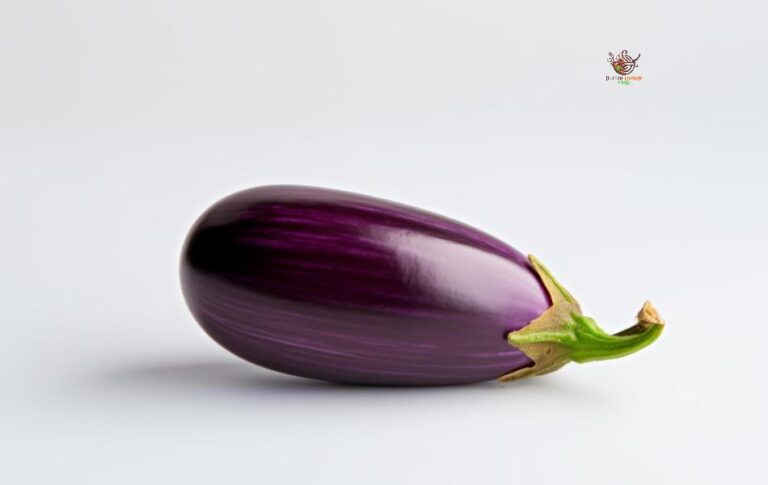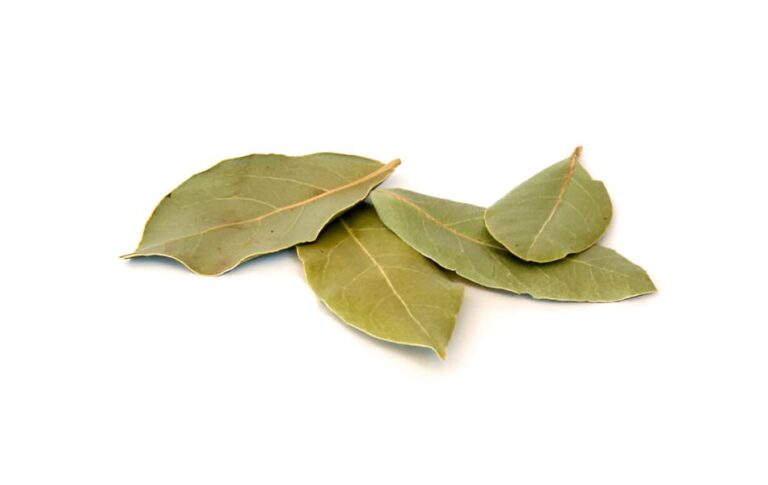Substitutes for Carrots: 10 Delicious Alternatives to Try
Do you appreciate the versatility of carrots? These crisp, sweet, and nutritious vegetables are packed with benefits. Carrots boast abundant Vitamin A and beta-carotene, essential for maintaining optimal eyesight, while their fiber content promotes digestive well-being. With minimal calories and zero fat, they’re dietary champions. But if you’re running low on carrots or simply seeking variety, fear not! Numerous alternatives exist, offering similar, if not superior, qualities. In this piece, we’ll explore some excellent substitutes for carrots that could prove equally satisfying –– or perhaps even more so!
What is Carrot?
Carrots are widely loved vegetables, and they are available in various shapes, sizes, and colors. Most people think carrots are orange, but they can also be white, yellow, red, or purple.
Carrots belong to the same family as parsley, celery, and fennel, known as the Umbelliferae family.
People have been growing carrots for thousands of years, with the first mentions dating back to ancient Persia and Afghanistan. However, they started to become popular in Europe during the 17th century because of their sweet taste and can be used in lots of different recipes.
Nutritional Value of Carrots
Carrots are a nutrient-rich vegetable, boasting low fat and protein content. For every 100 grams of raw carrots, you can expect approximately 41 kcal of energy. They contain 0.9 grams of protein, 9.6 grams of carbohydrates, and 2.8 grams of fiber, making them a relatively good source of dietary fiber. Additionally, carrots have essential minerals like magnesium, phosphorus, potassium, and sodium, along with vitamins C and A.
Health Benefits of Carrots
Carrots offer an overload of health benefits owing to their rich nutritional profile. Their low GI makes them suitable for maintaining blood sugar levels, particularly beneficial for individuals with diabetes. The fiber in carrots helps in lowering blood sugar and cholesterol levels. Carrots are abundant in carotenoids, which possess antioxidant properties, potentially reducing the risk of various cancers. Furthermore, their vitamin A content supports eye health, potentially reducing the risk of night blindness and age-related macular degeneration.
1. Parsnips
Parsnips and carrots belong to the same Apiaceae family, sharing similar characteristics. While both have a comparable texture, parsnips have a more distinct flavor with a hint of spice, in contrast to the slightly sweeter taste of carrots. Parsnips are suitable for raw and cooked dishes and you can use them in soups, stews, and salads. Their inherent umami taste makes them a superb substitute for carrots in savory recipes, particularly in roasted or mashed forms. Additionally, parsnips offer fiber, along with vitamins K and C.
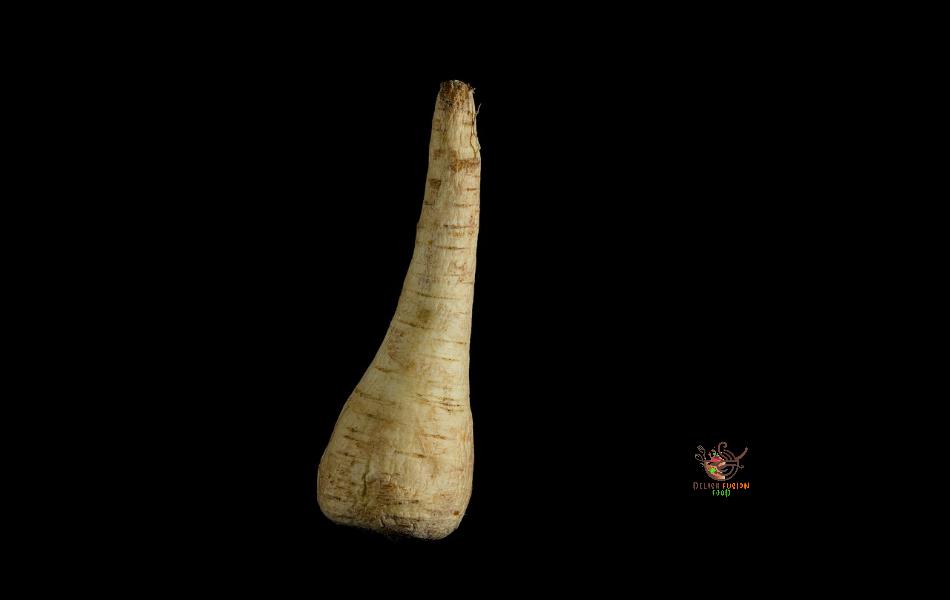
They lack the crunch and raw sweetness of carrots, so they may not be ideal for cold salads or snacking. It’s important to note that parsnips are softer and cook faster than carrots, so adjust cooking times accordingly. For substitution, use a 1:1 ratio when replacing carrots with parsnips.
2. Squash
When substituting carrots with squash, it’s essential to consider their primary difference: texture. Winter squash varieties like butternut, honey nut, or acorn are excellent replacements, particularly when roasted or added to hearty soups and curries. Conversely, summer squash shines in stir-fries or lighter broth-based dishes.
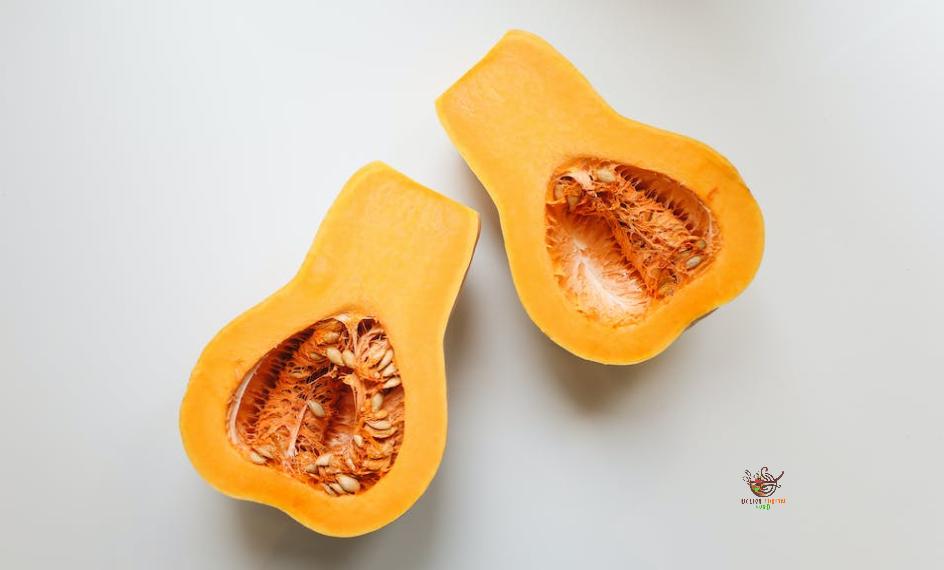
Squash tends to adopt the flavors of the dish it’s cooked with rather than possessing a strong flavor. In baking recipes, yellow summer squash can even stand in for shredded carrots with minimal difference in taste. Moreover, squash is a rich source of vitamins A and C, as well as potassium.
3. Beets
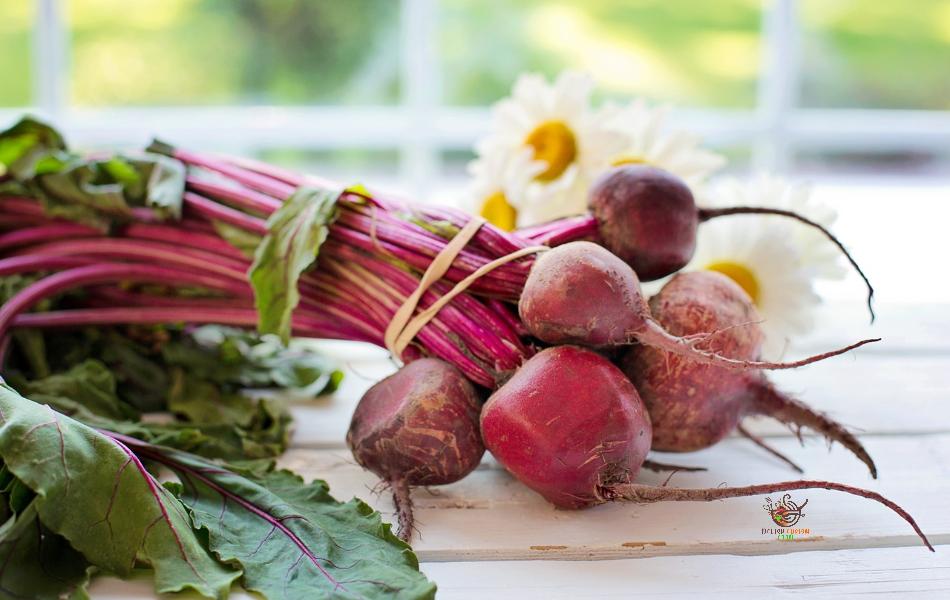
Beets serve as an ideal substitute for carrots. They can seamlessly replace carrots in various dishes. In the market, you’ll find beets in different colors, ranging from orange to dark purple. Beets have a round shape, unlike the long and slender carrots. When cooked, beets offer a sweet, slightly bitter taste with earthy notes like carrots. They are also highly nutritious, providing fiber, folate, vitamin C, and minerals. Due to their deep flavor, beets are used mostly in boiled, steamed, and roasted recipes. They excel as carrot substitutes in salads, smoothies, and soups.
4. Celery
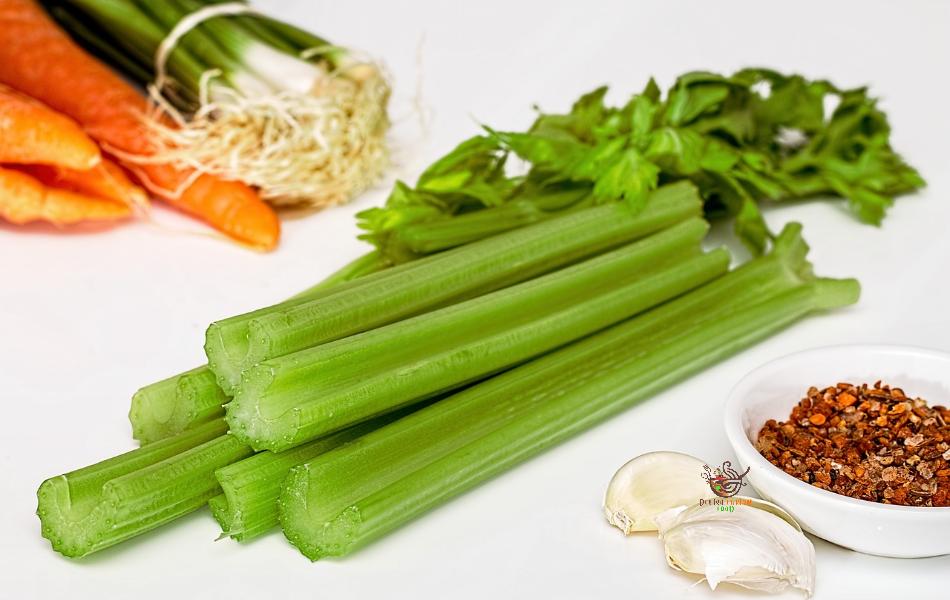
Celery is a crunchy vegetable often used in salads, soups, and stews. It’s a great alternative to carrots in stir-fries and veggie dishes, offering a similar satisfying crunch. Plus, it’s packed with vitamin K and fiber, making it a nutritious choice.
5. Zucchini
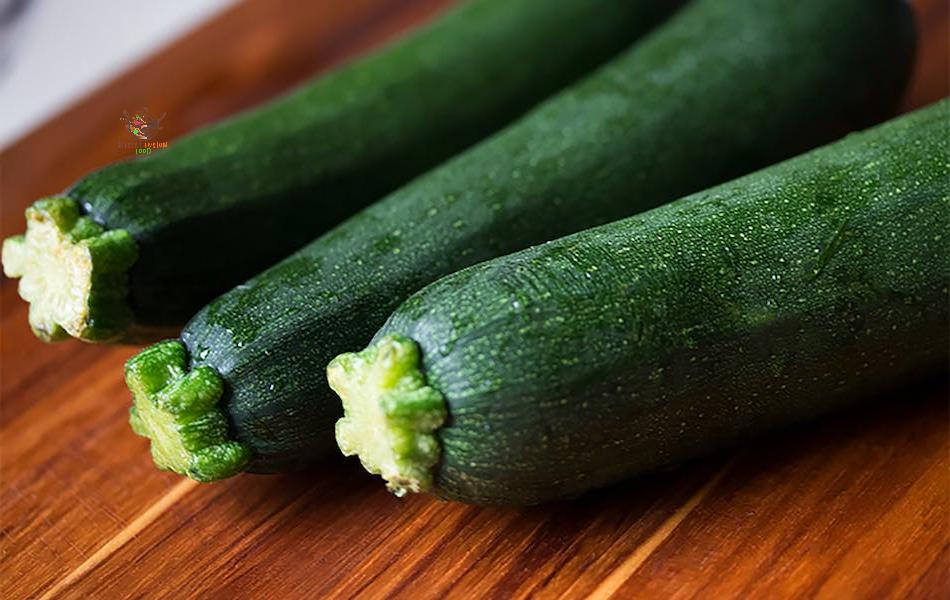
Zucchini, a type of summer squash, stands out as the ideal baking alternative to shredded carrots. It seamlessly replaces carrots in all baking recipes, particularly excelling in carrot cake. Zucchini ensures moistness without imparting any vegetal flavor to the final product. Moreover, zucchini can be used as a substitute for carrot juice, offering versatility in various recipes like smoothies. Packed with fiber, and vitamins A, and C, zucchini proves to be a nutritious choice for any culinary creation.
6. Turnips
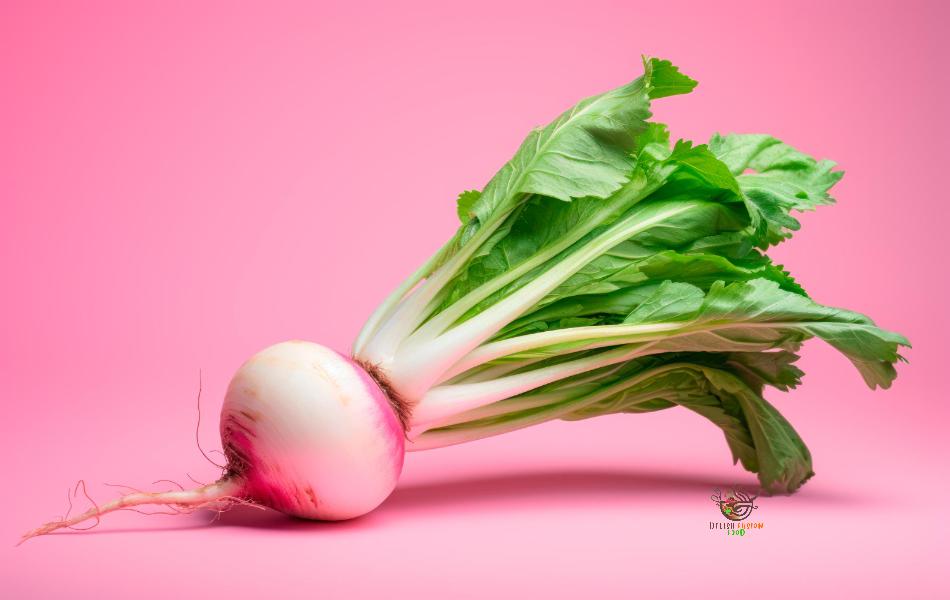
Turnips are firm and crunchy when raw, but turn juicy and sweet when cooked, making them perfect for soups and stews. They offer a distinct flavor and texture to dishes and are rich in nutrients like vitamin C, dietary fiber, and calcium. With only 6 grams of carbs per 100-gram cup compared to carrots, turnips are a good substitute for those on the keto diet.
7. Jicama
Jicama is an excellent low-carb alternative to carrots. This root vegetable features a brown exterior and tender white flesh with a texture reminiscent of an apple. Jicama is particularly suitable for raw consumption and snacking, offering a satisfying crunch like carrots but with added juiciness. It pairs perfectly with cold dips or snack plates. Additionally, jicama can be fried or roasted, although it may require robust seasoning as it doesn’t have much flavor.
8. Cucumbers
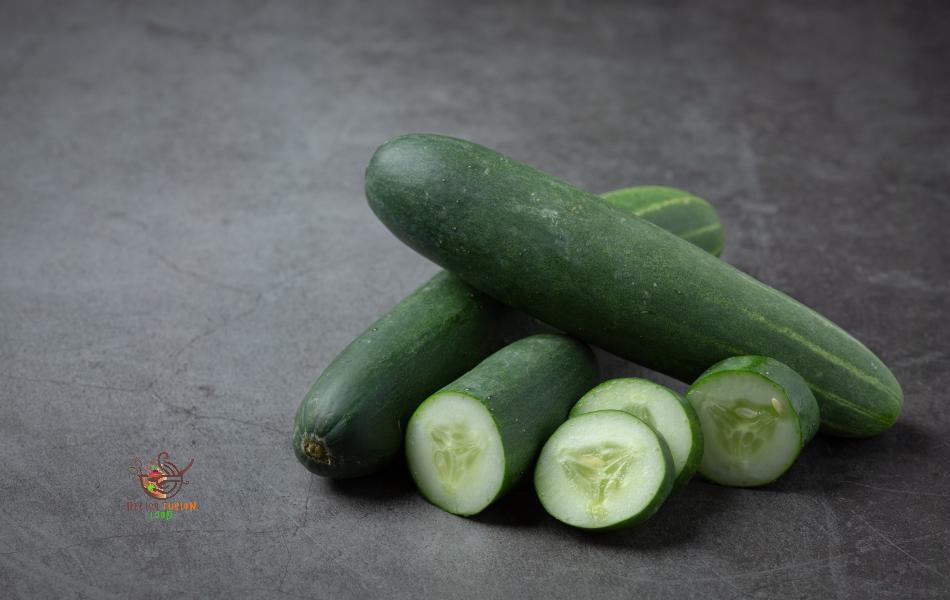
Cucumbers are widely consumed vegetables known for their numerous health benefits, making them a potential substitute for carrots. With their green skin and vibrant interior, cucumbers are incredibly juicy and boast a mildly sweet flavor, perfect for raw consumption. When bitten into, cucumbers offer a crisp and crunchy texture similar to carrots. They can be effectively used as replacements for carrots in salads, soups, and even smoothies, adding a refreshing twist to various dishes.
9. Water Chestnuts
Water chestnuts might not be the first thought for carrot substitutes, but they’re my top choice. Need crunch in a green salad or a mild, sweet addition to steamed veggies? Water chestnuts are perfect. They can even enhance stir-fries when sliced, but be careful not to overcook them, or they’ll lose their crunch. With a sweet, nutty flavor and a hint of tartness, water chestnuts can replace carrots at a 1:1 ratio.
10. Daikon Radish
For a crisp, peppery alternative, consider daikon radish. Similar to carrots, daikon radishes offer a crunchy texture with a mild, slightly sweet flavor, making them perfect substitutes in salads, sandwiches, and dips. The best aspect? Daikon radishes are low in carbs and packed with antioxidants, vitamins, and other essential nutrients!
Choosing the Best Carrot Substitute
- Consider Cooking Method: Choose a substitute based on your dish’s cooking method. For soups or stews, go for parsnips to achieve a similar texture to carrots. For salads, celery provides a raw, crunchy alternative.
- Match Flavor Profiles: Ensure the substitute complements the dish’s flavor profile. Use naturally sweet squash for sweet dishes and earthy beets for savory ones.
- Personal Preferences: Experiment with different substitutes to find what you enjoy best, considering dietary needs and taste preferences.
Frequently Asked Questions
What vegetables should I avoid using as substitutes for carrots?
While there are many vegetable substitutes for carrots, broccoli or cauliflower are not ideal choices. Their soft florets create a different texture from carrots and may significantly change the flavor profile of your dish.
What are some low-carb substitutes for carrots?
For low-carb alternatives to carrots, celery and jicama are excellent choices. Both vegetables offer neutral flavors and can add crunch to recipes, depending on the cooking method.
Can I omit carrots in Bolognese sauce?
Yes, you can omit carrots in bolognese sauce. Instead, increase the amount of celery used in the recipe to maintain the flavor balance without compromising the dish.
What can I use instead of carrots in baking?
In baking recipes that call for carrots, zucchini serves as an excellent substitute, particularly in bread recipes, offering a delicious taste.

